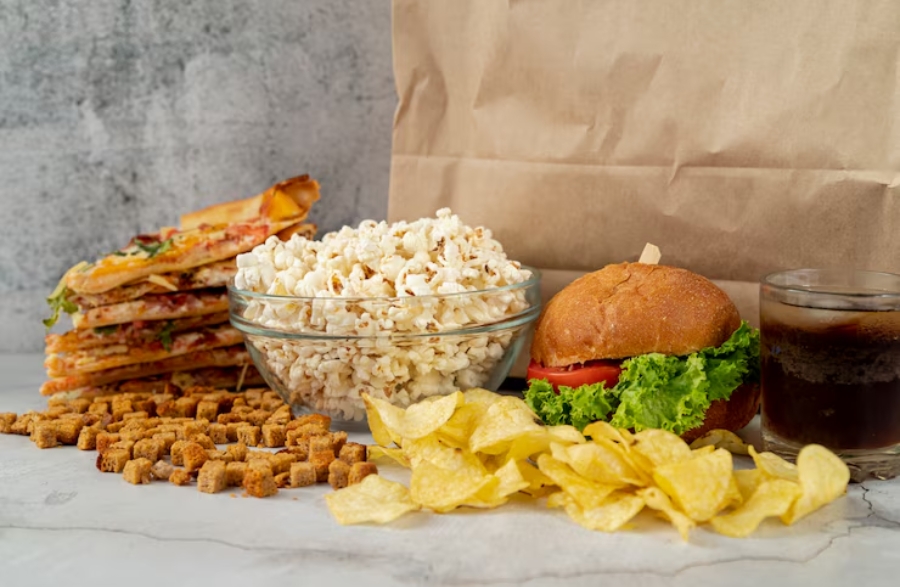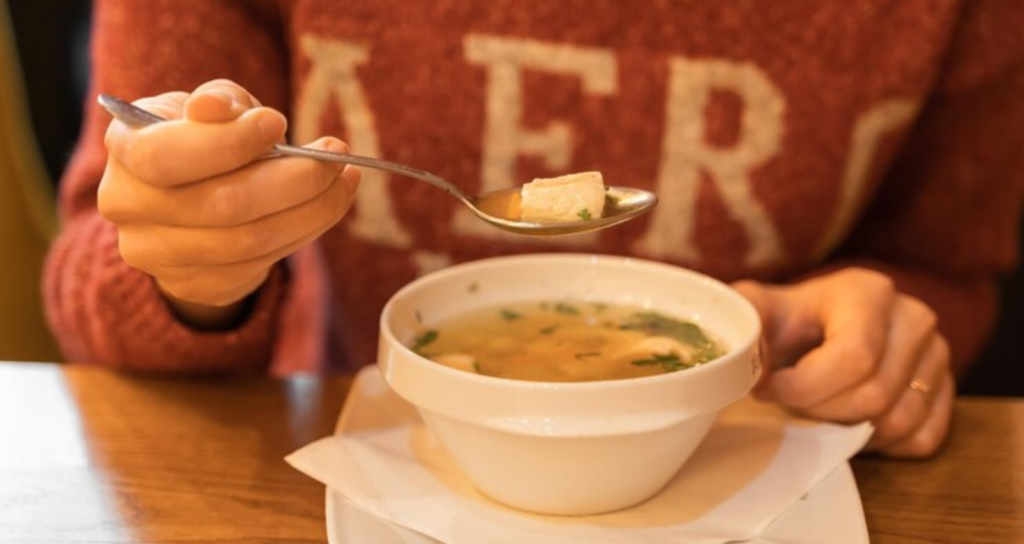
Tooth extraction is a common dental procedure that many people undergo at some point in their lives. Whether it’s due to decay, trauma, or wisdom teeth removal, proper post-extraction care is crucial to ensure a smooth recovery. One of the most important aspects of this care is your diet. Consuming the wrong foods can delay healing, cause discomfort, and even lead to complications such as infection or dry sockets. In this comprehensive guide, we’ll explore the foods you should avoid after tooth extraction and offer tips for a smooth recovery.
Why Diet Matters After Tooth Extraction
After a tooth extraction, your mouth is in a vulnerable state. The site of the extraction is essentially an open wound, and it requires time and proper care to heal. Eating the wrong foods can interfere with the healing process in several ways:
- Dislodging the Blood Clot: The formation of a blood clot in the extraction site is crucial for healing. Certain foods can dislodge this clot, leading to a painful condition known as a dry socket.
- Causing Irritation: Some foods can irritate the extraction site, causing pain and swelling.
- Introducing Bacteria: Foods that are hard to clean from your mouth can introduce bacteria, increasing the risk of infection.
By avoiding certain foods, you can help ensure a smoother and faster recovery.
Foods to Avoid After Tooth Extraction

Hard and Crunchy Foods
Hard and crunchy foods can easily dislodge the blood clot at the extraction site, causing dry socket and delaying the healing process. Examples include:
- Nuts
- Chips
- Popcorn
- Hard candies
- Raw vegetables like carrots and celery
These foods can also cause pain and irritation as they require significant chewing, which can strain the extraction area.
Spicy Foods
Spicy foods can cause irritation and inflammation in the mouth, leading to increased pain and discomfort. It’s best to avoid foods like:
- Hot peppers
- Spicy sauces
- Curry dishes
Spicy foods can also interfere with the healing process by increasing blood flow to the extraction site, potentially leading to swelling and prolonged recovery times.
Chewy Foods
Chewy foods can be difficult to eat and may stick to the extraction site, causing irritation and increasing the risk of infection. Avoid foods such as:
- Chewing gum
- Steak and other tough meats
- Bagels and other chewy breads
- Toffee and other chewy candies
These foods can also cause you to exert extra pressure on your jaw, which can be painful and hinder the healing process.
Acidic and Citrusy Foods
Acidic and citrusy foods can cause a stinging sensation in the mouth and may irritate the extraction site. Examples include:
- Oranges
- Lemons
- Tomatoes
- Vinegar-based dressings
These foods can also increase the risk of infection by creating an environment that promotes bacterial growth.
Sticky Foods
Sticky foods can easily get lodged in the extraction site, causing irritation and increasing the risk of infection. Avoid foods such as:
- Caramel
- Sticky rice
- Dried fruits like raisins and figs
- Peanut butter
These foods can be difficult to clean out of your mouth and may require you to exert extra effort, which can be painful and interfere with healing.
Alcohol and Carbonated Drinks
Alcohol can interfere with the healing process and should be avoided after a tooth extraction. It can dry out the tissues in your mouth and delay healing. Carbonated drinks can also cause discomfort and irritation at the extraction site due to their fizziness. Avoid:
- Beer
- Wine
- Spirits
- Soda
Additionally, drinking through a straw should be avoided as the suction can dislodge the blood clot and cause a dry socket.
Best Foods to Eat After Tooth Extraction

While there are many foods to avoid, there are also plenty of options that are safe and beneficial for your recovery. These foods are typically soft, easy to chew, and low in acidity. Some of the best foods to eat include:
- Smoothies: Blended fruits and vegetables can provide essential nutrients without causing irritation. Avoid using a straw to prevent dry sockets.
- Mashed Potatoes: Soft and easy to eat, mashed potatoes are a great comfort food that can be easily flavored to your liking.
- Soup: Broth-based soups are excellent for staying hydrated and nourished. Ensure they are not too hot to avoid irritation.
- Yogurt: Soft and soothing, yogurt is rich in protein and probiotics, which can aid in healing.
- Applesauce: Easy to eat and gentle on the mouth, applesauce provides vitamins and fiber.
- Scrambled Eggs: A soft and protein-rich option that is easy to prepare and eat.
- Oatmeal: Cooked to a soft consistency, oatmeal can be a filling and nutritious meal.
General Tips for Post-Extraction Care
In addition to watching your diet, there are several other important tips to ensure a smooth recovery after a tooth extraction:
- Follow Your Dentist’s Instructions: Always adhere to the post-operative care instructions provided by your dentist.
- Maintain Oral Hygiene: Gently rinse your mouth with a saltwater solution to keep the extraction site clean. Avoid vigorous rinsing or spitting, as this can dislodge the blood clot.
- Rest and Hydrate: Ensure you get plenty of rest and stay hydrated to support the healing process.
- Avoid Smoking: Smoking can significantly delay healing and increase the risk of complications like dry sockets.
- Monitor for Complications: Keep an eye on the extraction site for signs of infection, such as increased pain, swelling, or discharge. Contact your dentist if you experience any of these symptoms.
Proper dietary choices are crucial for a smooth recovery after tooth extraction. Avoiding hard, crunchy, spicy, chewy, acidic, sticky foods and alcohol will help ensure that your extraction site heals properly and without complications. Instead, opt for soft, nutritious foods that are easy to eat and won’t irritate your mouth.
Remember to follow your dentist’s post-operative care instructions, maintain good oral hygiene, and stay vigilant for any signs of complications. By taking these steps, you can support your body’s natural healing process and get back to your normal diet and activities as quickly as possible.
Frequently Asked Questions
Q1: How long should I avoid certain foods after a tooth extraction?
A: It’s generally recommended to avoid hard, crunchy, spicy, chewy, acidic, and sticky foods for at least one week after the extraction. However, the exact duration may vary depending on your healing process. Always follow your dentist’s advice.
Q2: Can I drink coffee after a tooth extraction?
A: It’s best to avoid hot beverages, including coffee, for the first 24-48 hours after the extraction. Hot liquids can cause irritation and delay healing. After this period, you can resume drinking coffee, but ensure it’s not too hot.
Q3: What can I do if I accidentally eat a food I should have avoided?
A: If you accidentally eat a problematic food, rinse your mouth gently with a saltwater solution to clean the extraction site. Monitor for any signs of irritation or infection, and contact your dentist if you experience any complications.
Q4: When can I start eating solid foods again?
A: You can gradually reintroduce solid foods as the extraction site heals and your discomfort decreases. Start with softer solid foods and slowly transition to harder foods as tolerated. Your dentist will provide specific guidelines based on your recovery.
Q5: Are there any special foods that can promote healing?
A: Foods rich in vitamins, minerals, and protein can support the healing process. Soft foods like smoothies, yogurt, scrambled eggs, and mashed potatoes can provide essential nutrients without causing irritation.
